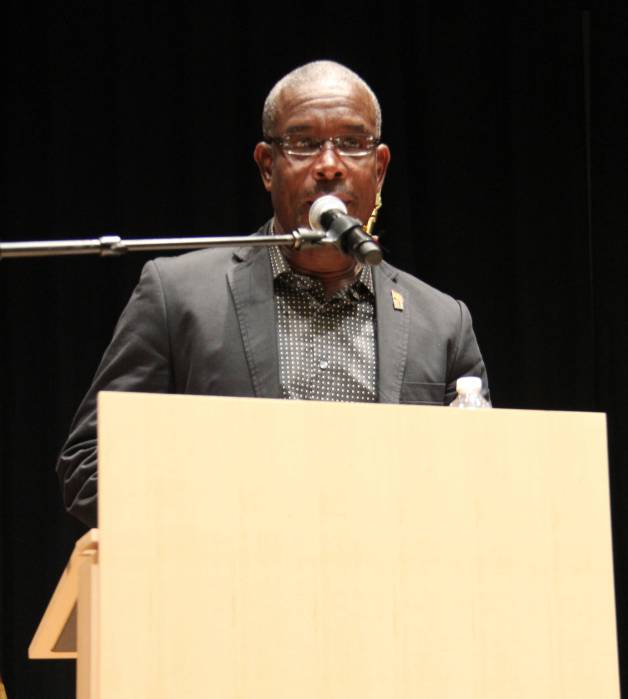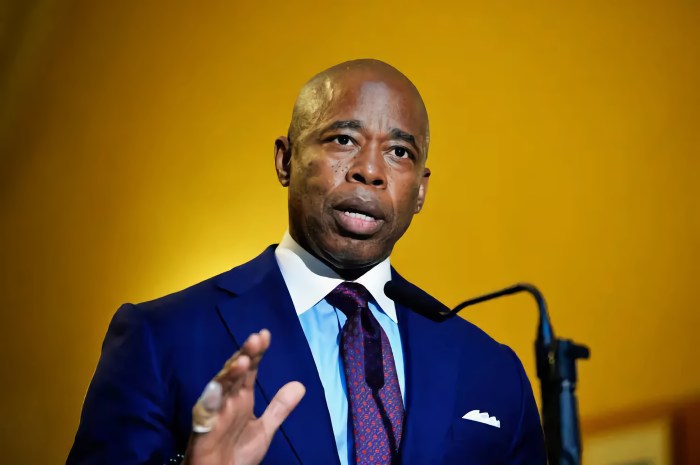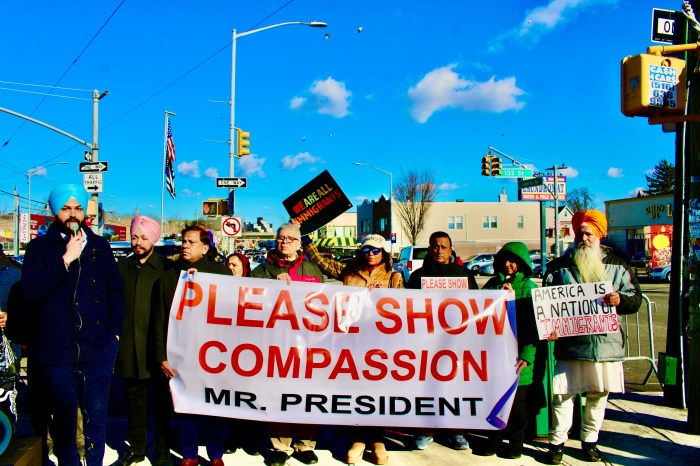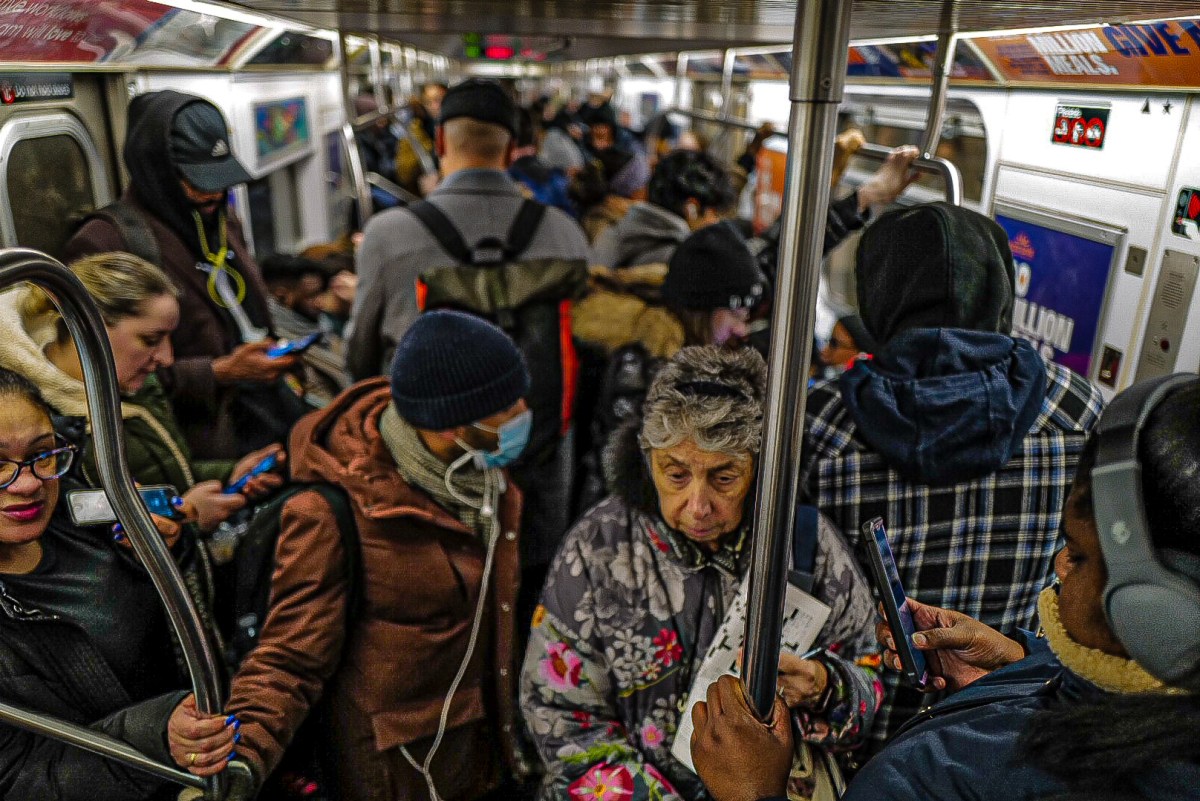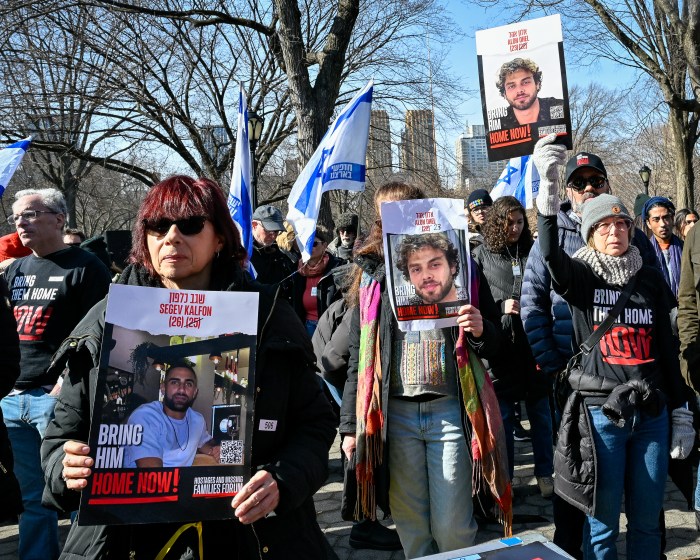The British Government has announced that a day celebrating the Windrush generation and their Caribbean descendants will be held annually on June 22.
The government said the Day will be supported by a grant of up to half-a-million pounds, according to the British Telegraph.
British-Caribbean representatives will oversee Windrush Day, marking the day the generation began, when about 500 migrants from the West Indies disembarked from the Empire Windrush in Tilbury Docks in Essex, the Telegraph said Monday.
Communities minister Lord Bourne said the day will help “recognize and honor the enormous contribution” of those who arrived on the ship in 1948. He said the headline event will be a national service of thanksgiving at Westminster Abbey in London.
The announcement comes after a period of turbulence for the British Government over the Windrush scandal, which has seen citizens wrongly detained and deported, and others denied access to health care, employment, housing benefits and pensions, reported the Telegraph.
As a result, it said Amber Rudd resigned as home secretary, and Theresa May, her predecessor at the Home Office, came under fire for her “hostile environment” policy towards migrants.
But Sajid Javid, who replaced Rudd, signaled a softening of immigration policy under his leadership and that the much-criticized policy would be reviewed, the Telegraph said.
Last week, Javid admitted that as many as 63 Windrush generation migrants may have been wrongly deported by the British government, according to the Telegraph.
Javid, however, revealed the number could still rise, as officials painstakingly scrutinize over 8,000 cases dating back to 2002, branded the term “hostile environment” — coined by Theresa May — “un-British”, the Telegraph said.
It said the admission followed weeks of denials by the department that any member of the Windrush generation had been forced to leave Britain.
Under questioning at the Home Affairs select committee. Javid said 32 of the 63 cases involved criminals and the other 31 were people who left voluntarily after being sent a letter by the Home Office asking them to leave, reported the Telegraph.
Last week, Caribbean nationals living in Britain were urged to continue making submission for Windrush compensation.
The Georgetown, Guyana-based Caribbean Community (CARICOM) secretariat said nationals should make submissions directly and confidentially to the British Home Office Adviser, Martin Forde, QC.
At the meeting with the Caribbean Community (CARICOM) high commissioners and Diaspora representatives on Jun. 8, Forde reiterated that, “notwithstanding the fact that the call for evidence by the Home Office for the Windrush compensation scheme was to end on June 8, persons could still contact him directly.”
Noting that many submissions had already been sent straight to him, Forde stated that “given the culture of fear and mistrust, some people and their legal representatives seem more comfortable interacting with me than through the Home Office,” according to the CARICOM statement.
In introducing the Home Office adviser, Guy Hewitt, Barbados’ High Commissioner to the UK, indicated that Forde, a graduate of Oxford University, “was appointed by the UK Home Secretary Sajid Javid in May 2018 on the recommendation of the Lord Chief Justice Lord Burnett to provide independent advice to the Home Office on how to compensate people who suffered after being wrongly treated as illegal immigrants.”
In thanking the West Indian Diaspora for their welcome and support, Forde emphasized that any submissions made, or any information provided to him or the Home Office would not be shared with UK Immigration or Boarder Agency or used as a basis for enforcement proceedings, CARICOM said.
It said the Diaspora was also assured of his willingness to travel across the UK to engage with Caribbean groups once the high commissions could coordinate such meetings.
The meeting heard that the submissions would allow Forde to get “a good sense of the suffering caused by the Home Office’s treatment of a generation of people from the Caribbean who journeyed to the UK, post-World War II at the invitation of the British Government, and although seemingly entering the UK as Citizens of the UK and colonies and living here most of their lives, began to experience severe difficulties around 2014 in particular with the government’s implementation of a ‘hostile environment for illegal immigrants’.”
A member of the Middle Temple and a Bencher of that Inn since 2010, Forde advised that he was not yet able “to put a figure on the sum the UK Government would likely have to pay, not least because the precise number of people affected remains uncertain.”
CARICOM said the meeting of leaders of the Caribbean diaspora, held at the St. Kitts and Nevis High Commission in Kensington, was advised that his proposals for compensation would be followed by a full consultation on the details of the scheme.



